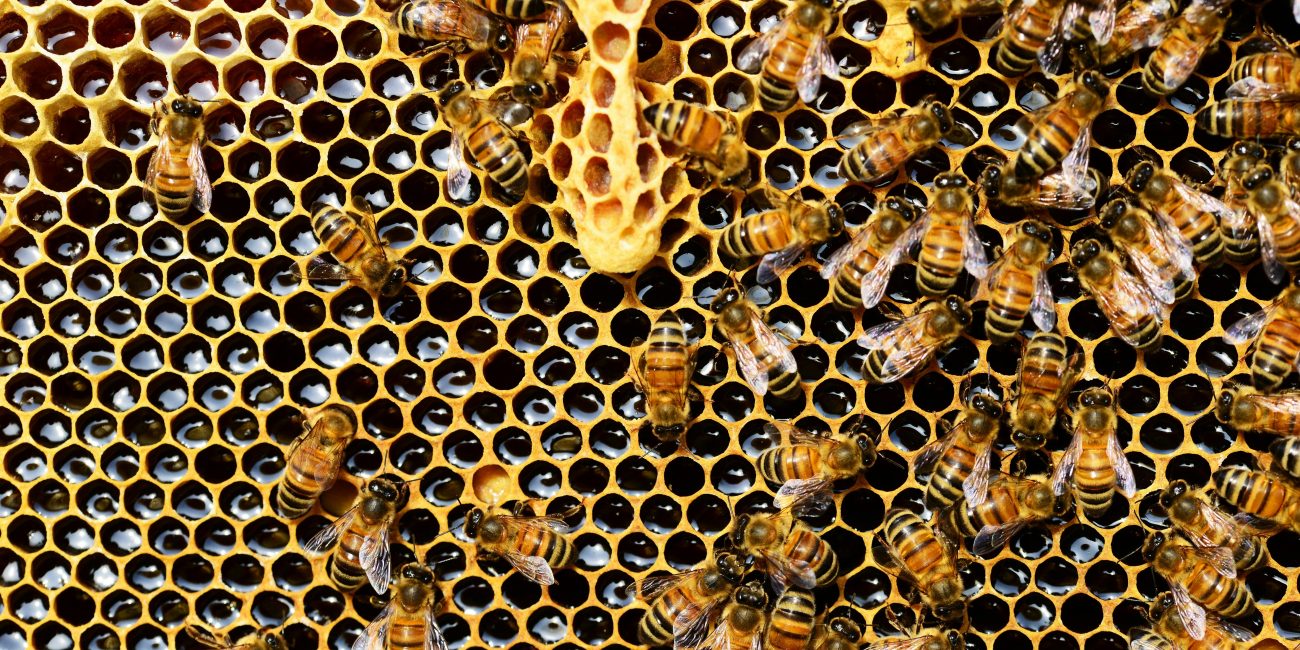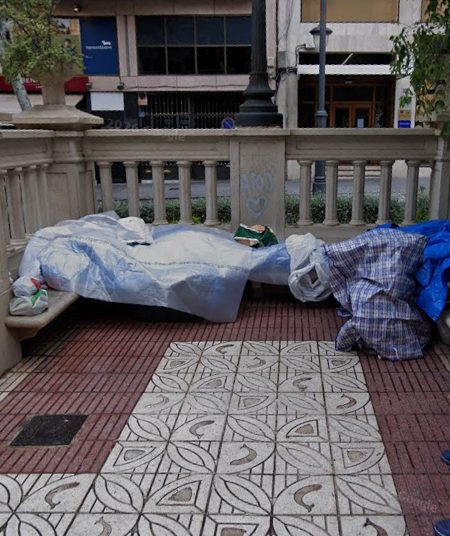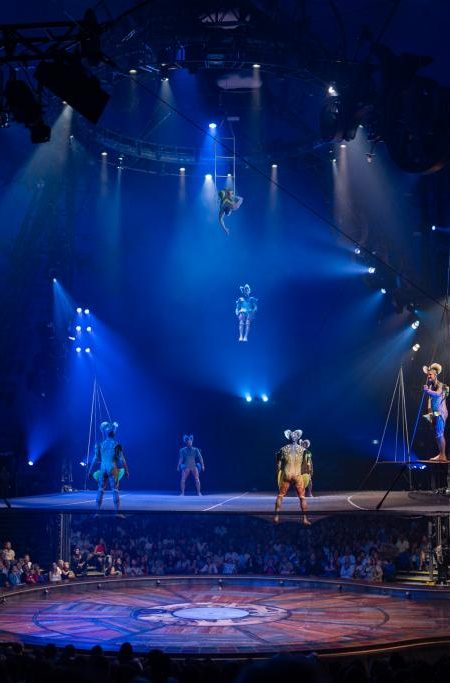In the absence of bees, there would be no honey, no blossoms, and, as a result, no nougat at Christmas. Between Monday, March 10th, and April 15th, over 2,800 schoolchildren from 50 educational centres, organised into 86 groups of preschool, primary, and secondary school, will engage in an awareness campaign regarding the significance and protection of pollinating insects. This initiative is motivated by the significance of these small animals. Urban Environment Observatory of the Department of Environmental Sustainability, led by Manuel Villar, is responsible for the organisation of this initiative.
This activity will provide children with an understanding of the significance of these species, particularly bees, in maintaining the equilibrium of the environment. They guarantee the production of fruits, vegetables, and seeds by facilitating the growth of numerous plants and crops through pollination. Biodiversity and food security would be significantly compromised in their absence. Consequently, the city council is of the opinion that it is “fundamental to convey this message to schools, thereby raising awareness of their significance and the necessary measures to safeguard them.”
The El Rincón de la Abeja Association’s team of educators implemented the campaign, which was organised by the Municipal Department of Environmental Education of the Environmental Service. In order to ascertain which activities are most appropriate for each grade level, this organisation reached out to each school. The activity can be arranged in either one hour or one and a half hours, with the option of combining multiple activities or restricting it to the one that was initially selected by the target group, depending on our requirements.
Activities customised for preschool, primary, and secondary education
One of the Early Childhood Education activities is the narrative activity “Bees and Flowers,” which is a delightful activity that features music and scenery and depicts the life of a bee as it searches for a honey flower. Crafts, relaxation activities, and other activities, such as “The Bee Dance,” which entails the performance of the unique dance that bees perform to communicate information to the rest of the hive, are also available at this level.
In addition to educational content with audiovisual support, the “observation hive” is utilised for primary and secondary school groups. This experience provides a unique opportunity to interact with bees, including the ability to feel the vibrations, observe the bees’ movements, and observe their communication. Additionally, there is the “insect hotel,” which is constructed using recycled materials and features observation of its inhabitants.
The campaign was initiated as a result of the “Pollinators in the City of Alicante” workshop, which concluded with its fourth and final session in December at the Urban Environment Observatory, as well as its educational and environmental value. The objective of this event is to establish a connection between society and urban biodiversity.
This initiative was the outcome of a partnership between the University of Alicante, the Alicante City Council, and the El Rincón de la Abeja Association, and it was in accordance with the European 2030 objectives for sustainability and conservation. The symposium was instrumental in the future preservation of these urban species by providing information on pollinator mapping in various regions of Alicante. The opportunity to participate in a collaborative initiative that emphasises the significance of environmental preservation allowed participants to broaden their understanding of the identification and protection of urban pollinators.









No Comment! Be the first one.